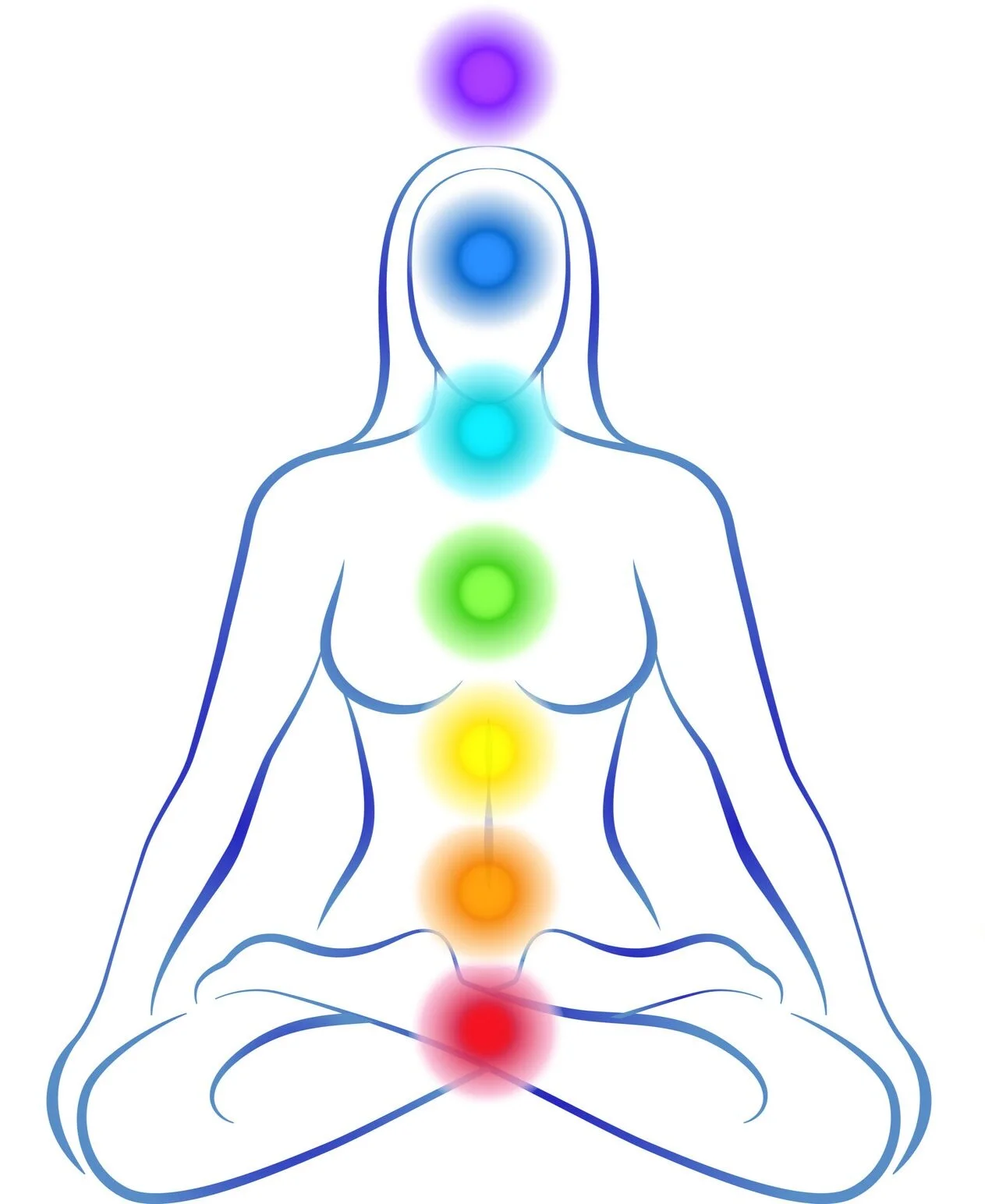After the busyness of the holiday season, many of us long for more ease and balance in our lives. Today, I’m happy to share some powerful wisdom from someone whose work I’ve greatly benefited from for many years—intuitive energy healer Wendy De Rosa.
Read MoreWhen I search back in time for my happiest memories, I see my eight-year-old self during the peak of an entire summer spent in the countryside. I am gingerly making my way across large, smooth stones as I follow a river flowing downstream. After weeks of running around without shoes, my calloused feet are comfortable on the sun-heated rocks. I’m both relaxed and energized, brimming with joy and vitality. It turns out that part of what made me feel so wonderful all those decades ago was that I was grounding.
Read MoreI’ve been reading a wonderful book, Fear: Essential Wisdom for Getting Through the Storm, by Thich Nhat Hanh, the extraordinarily wise Vietnamese Buddhist monk and peace activist. Much of Thich Nhat Hanh’s teachings revolve around the benefits of mindfulness, and he emphasizes the importance of regularly bringing that deep attention to our fear.
Read MoreGrounding means establishing a strong, conscious connection to the slow, calming frequencies of Planet Earth. For people like me—those who live much of our lives up high in our heads, readily spinning into the frenetic world of thoughts and worries—being able to ground effectively is a powerful antidote to this emotionally and physically draining pattern.
Read MoreI have what psychologists call “porous boundaries.” Common characteristics of such boundaries describe me perfectly: fearing rejection when I don’t comply with other’s expectations, overexplaining and feeling bad when I say no, getting over-involved in other people’s problems, and a tendency toward oversharing. My porous boundaries extend emotionally and energetically as well—when I’m with someone who has an upset stomach, I often begin to feel sick too.
Read More




